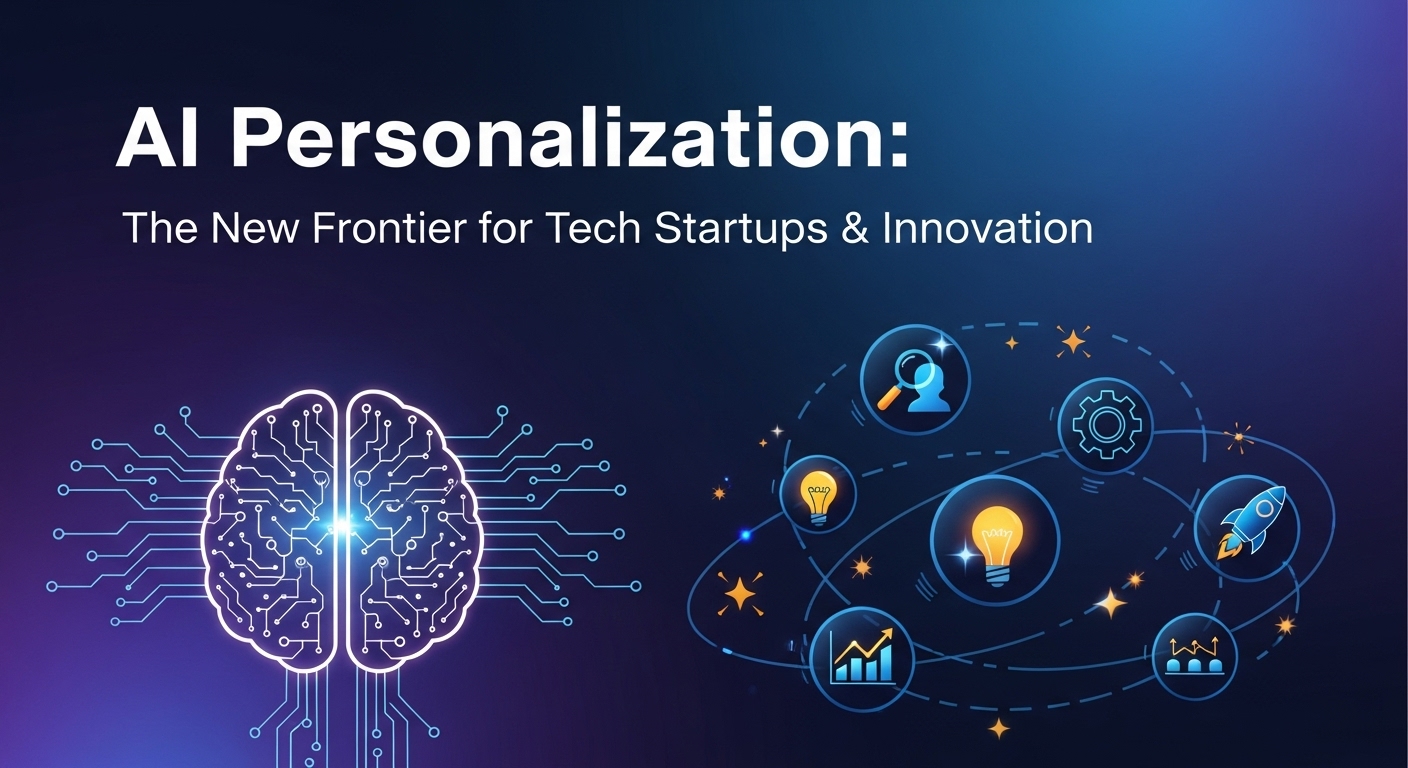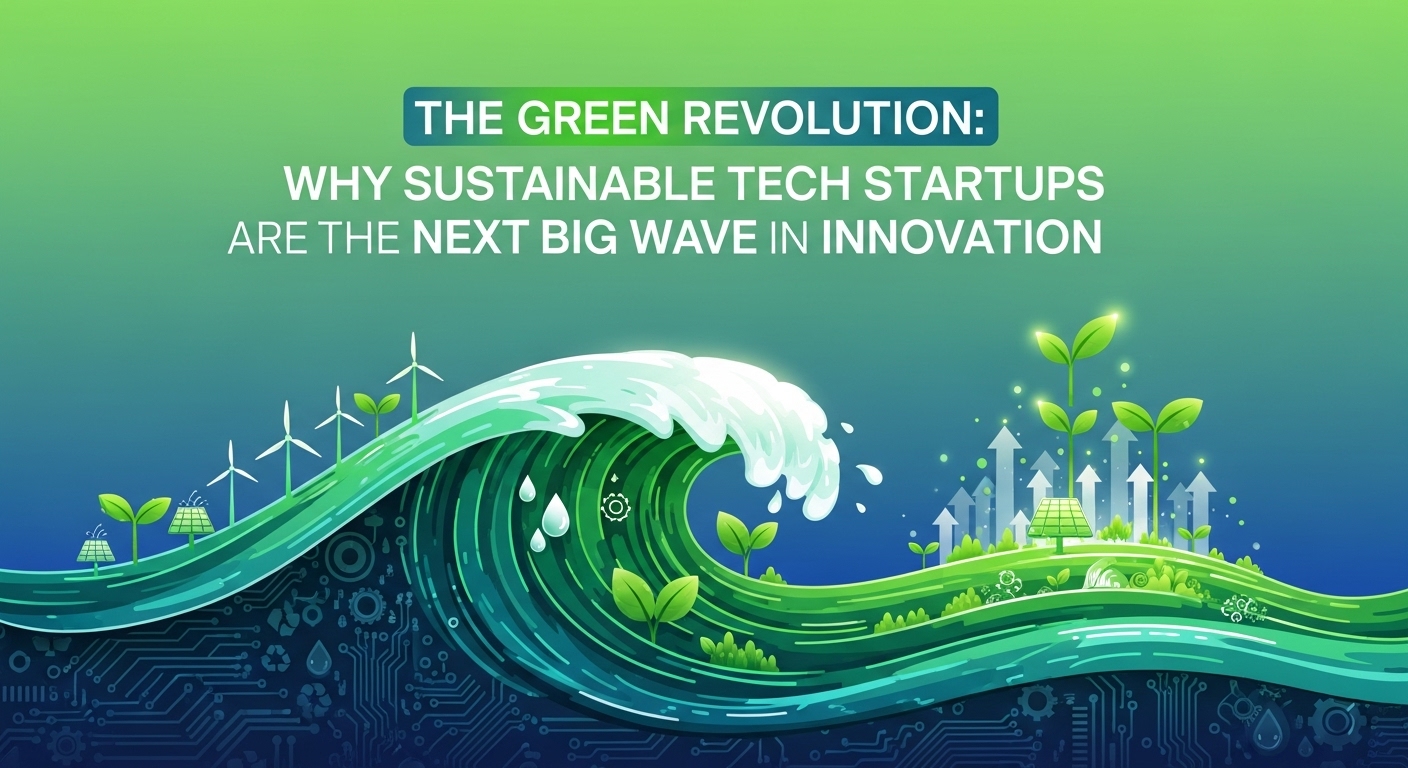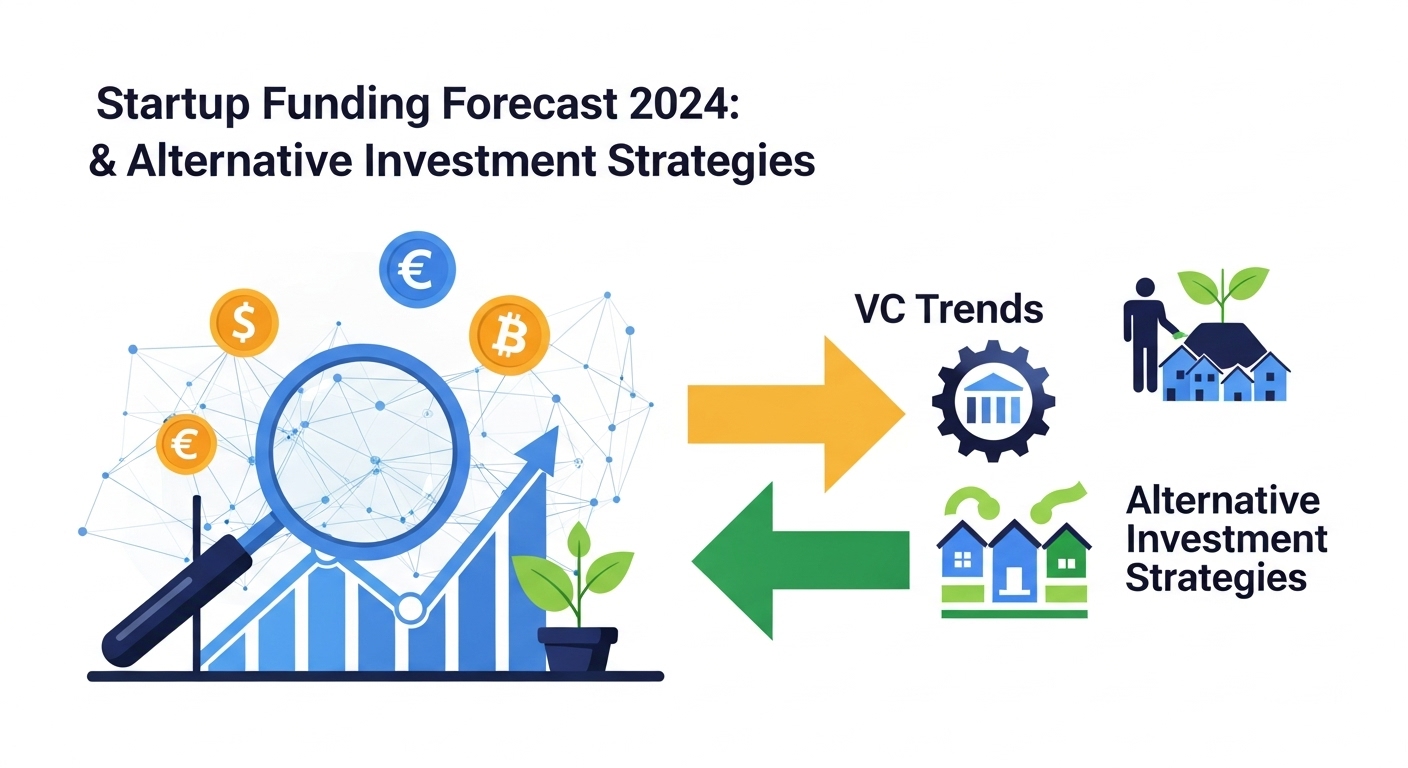What Exactly is AI-Powered Personalization?
In a digital world saturated with content, ads, and choices, generic experiences simply don’t cut it anymore. Consumers crave relevance and a feeling of being understood. This is where AI-powered personalization steps in, transforming the landscape for tech startups & innovation. But what does it really mean? It’s far more than just addressing a customer by their first name in an email.
AI personalization is the use of artificial intelligence, machine learning algorithms, and big data to deliver tailor-made experiences for each individual user in real-time. It analyzes a user’s behavior, preferences, historical data, and contextual information to predict their needs and present them with the most relevant content, products, or services.
Beyond Basic Segmentation
For years, marketers have relied on segmentation—grouping customers based on broad characteristics like age, location, or purchase history. While useful, this approach still treats large groups of people as a monolith. AI personalization shatters this model by creating a ‘segment of one.’ It understands that two 30-year-old men living in the same city can have wildly different interests. One might be a new father looking for baby tech, while the other is a rock climber searching for gear. AI can differentiate between them and tailor the entire user journey accordingly, from the ads they see to the website layout they experience.
The Core Technologies: Machine Learning and Big Data
The engine driving this revolution has two key components. First is Big Data. Every click, scroll, search, and purchase a user makes creates a data point. Modern tech startups have access to an unprecedented volume of this information. The second component is Machine Learning (ML). ML algorithms are designed to sift through this massive dataset, identify complex patterns, and make predictions without being explicitly programmed. They learn and adapt over time, meaning the personalization becomes more accurate and effective with every interaction a user has with the platform.
Why AI Personalization is a Non-Negotiable for Modern Tech Startups
For emerging tech companies, finding a foothold in a competitive market is the primary challenge. AI personalization isn’t just a ‘nice-to-have’ feature; it’s a powerful strategic tool that provides a significant competitive advantage and drives sustainable growth.
Hyper-Targeted Customer Experiences
The most immediate benefit is the ability to create deeply engaging user experiences. When a user feels that a service or platform truly ‘gets’ them, their satisfaction and loyalty skyrocket. Imagine a streaming service that not only recommends movies you might like but also curates a ‘Friday Night In’ playlist based on your recent viewing habits and the time of day. This level of detail builds an emotional connection, turning casual users into brand advocates.
Boosting Conversion Rates and Revenue
Relevance directly translates to revenue. When an e-commerce site shows you products you’re genuinely interested in, you’re far more likely to make a purchase. When a SaaS platform customizes its onboarding process to your specific role and goals, you’re more likely to convert to a paid plan. By removing friction and presenting the right offer at the right time, AI personalization significantly lifts conversion rates, increases average order value, and maximizes customer lifetime value—all critical metrics for tech startups.
Gaining a Competitive Edge in Crowded Markets
Many startup ecosystems are incredibly crowded. Whether in FinTech, EdTech, or HealthTech, there are often dozens of companies vying for the same customer base. AI personalization is a powerful differentiator. A startup that can offer a uniquely tailored experience will stand out from competitors who provide a one-size-fits-all solution. It becomes a core part of the value proposition, making the product or service stickier and reducing customer churn.
Predictive Analytics for Proactive Strategy
AI doesn’t just react; it predicts. By analyzing trends and user behavior, machine learning models can anticipate future needs, identify at-risk customers before they churn, and even suggest new product features. This allows tech startups to be proactive rather than reactive, making smarter, data-driven decisions that steer the company in the right direction.
Real-World Examples: Tech Startups Winning with Personalization
The theory is compelling, but the real power of AI personalization is evident in its application across various sectors of tech startups & innovation.
E-commerce: Curated Shopping Feeds
Stitch Fix is a prime example. The company uses a combination of human stylists and powerful AI algorithms to send customers a personalized selection of clothes. The AI analyzes style quizzes, purchase history, and feedback to curate boxes that delight customers, leading to high retention rates in a notoriously difficult market.
Media & Entertainment: The Netflix Effect
While Netflix is no longer a startup, its personalization engine set the standard. It analyzes everything from what you watch to what time you watch it, which actors you prefer, and even which thumbnail images you’re most likely to click on. This level of detail keeps users engaged and subscribed, a model that countless media startups are now emulating.
FinTech: Personalized Financial Advice
FinTech startups are using AI to democratize financial planning. Apps like Betterment or Wealthfront use algorithms to create personalized investment portfolios based on a user’s risk tolerance, financial goals, and timeline. They provide tailored advice that was once only available to the wealthy, completely disrupting the traditional finance industry.
SaaS: Dynamic User Onboarding
For Software-as-a-Service (SaaS) companies, user activation is key. A startup named Appcues uses AI to help other companies create personalized onboarding flows. Instead of a generic product tour, new users are guided through the features most relevant to their specific job role or stated goals, dramatically increasing the likelihood that they will understand the product’s value and become long-term customers.
Implementing AI Personalization: A Roadmap for Startups
Jumping into AI can seem daunting, but with a strategic approach, any tech startup can begin to harness its power.
Step 1: Start with Quality Data Collection
Your AI is only as good as the data it’s trained on. The first step is to establish a robust and ethical data collection strategy. This means identifying the key data points that will inform personalization (e.g., user behavior, demographics, preferences) and ensuring you have the infrastructure to collect, store, and process this data securely. Transparency with users about what data you’re collecting and why is crucial for building trust.
Step 2: Choosing the Right AI Tools and Platforms
You don’t need a team of PhDs to get started. There’s a growing ecosystem of third-party AI and ML platforms (like Google AI Platform, Amazon SageMaker, or specialized personalization-as-a-service providers) that can help startups implement sophisticated capabilities without building everything from scratch. The ‘build vs. buy’ decision will depend on your team’s expertise, budget, and long-term goals.
Step 3: Test, Iterate, and Learn
Personalization is not a ‘set it and forget it’ solution. It’s a continuous process of experimentation. Start with a small, manageable project, like personalizing email subject lines or a section of your homepage. Use A/B testing to measure the impact of your efforts. Analyze the results, learn from what works (and what doesn’t), and iterate. This agile approach allows you to demonstrate value quickly and refine your strategy over time.
Step 4: Navigating Ethical Considerations and Privacy
With great power comes great responsibility. Startups must be vigilant about data privacy and the ethical implications of personalization. Avoid creating ‘filter bubbles’ that limit users’ exposure to diverse perspectives, and be transparent about how you’re using their data. Adhering to regulations like GDPR and CCPA is not just a legal requirement; it’s essential for maintaining customer trust, which is your most valuable asset.
Conclusion: Embrace Personalization or Be Left Behind
The era of generic digital experiences is over. For today’s tech startups & innovation leaders, AI-powered personalization is the new frontier. It is the key to cutting through the noise, building genuine customer relationships, and creating sustainable, long-term growth. By deeply understanding and catering to the individual, startups can create products and services that are not just useful, but indispensable.
The journey begins with a commitment to a data-driven culture and a focus on the customer. Whether you’re in e-commerce, FinTech, SaaS, or any other tech vertical, the message is clear: the time to invest in personalization is now. Start small, iterate often, and put the user at the very center of your innovation. The startups that embrace this new paradigm will be the giants of tomorrow.


